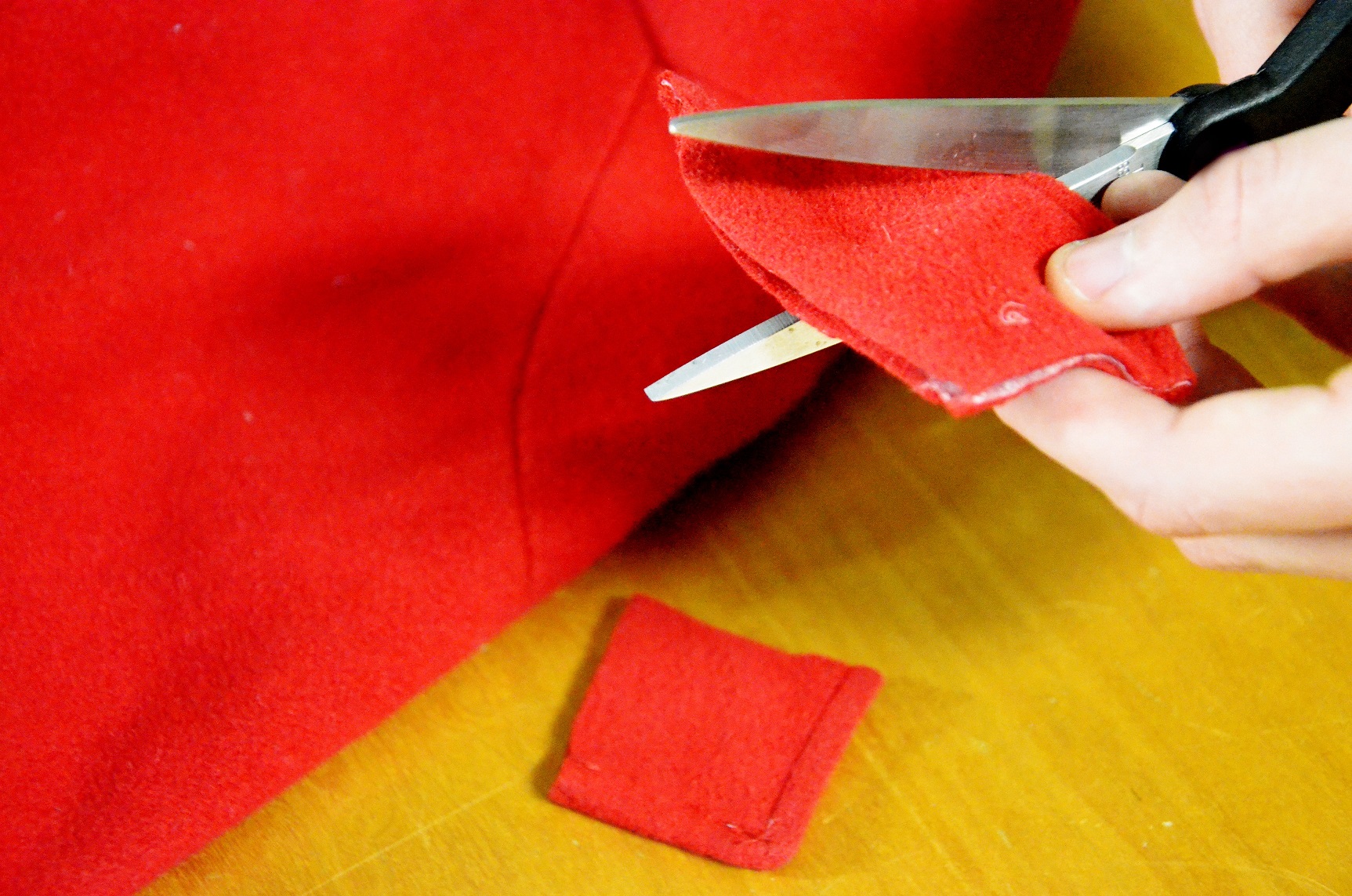Quebec’s long-awaited summit on higher education came to a largely inconclusive end last Tuesday as students returned to flooding the streets in protest.
The two-day conference, intended to address unresolved and lingering issues from the student movement last spring, left a bitter taste in many student leaders’ mouths.
The Parti Québécois proposed an indexation of tuition fees by roughly three per cent annually for an indefinite amount of years much to the outrage of Fédération étudiante universitaire du Québec President Martine Desjardins.
The indexation, compared to former Premier Jean Charest’s proposal of $325 per year over a five-year period, hit a sore point for both university rectors and student leaders. Those governing universities feel it will only delve Quebec post-secondary education deeper into financial despair, while Desjardins cried foul on not providing accessible education.
“I’m telling you there will be an impact,” said Desjardins, who called the proposal “disappointing.”
However, Premier Pauline Marois simply stated that her hands are tied and that “a decision had to be made,” so she made one.
A new council
The summit, while still contentious in its final outcome, did shed some light on other issues concerning university governance and financing.
A formal council will be created to supervise and review the governance and financial management of universities. Minister of Higher Education Pierre Duchesne promised the Conseil national des universitiés would improve the efficiency of the universities while remaining independent and largely for consultation. However, details remain under wraps for now.
Investments and cuts
The provincial government also announced several investments including additional positions for staff. Additional employment will involve an extra 1,000 support staff, 2,000 teaching assistants and 1,000 professors.
Starting in 2014, Marois also promised that the provincial government would pump $1.7 billion into universities over seven years. The PQ stated that approximately $15 million would be invested into special projects between universities and CEGEPs.
However, universities will still suffer a loss of $250 million in funding cuts for the next two years — a decision that has become a source of stress for rectors who say Quebec’s institutions are already underfunded, overwhelmed and strapped for the future.
What’s next for Concordia?
According to a statement released by university president Alan Shepard, a main concern for Concordia is the slash to university funding over the next year including a shortfall of $26.4 million. Shepard emphasized that the cut put the university in a tight spot and forced administration to “make some difficult decisions.”
In an interview with The Concordian, Shepard said that what concerns him the most is ensuring that Concordia remains competitive and does not become a second-tier university despite the budget cuts.
“We want to provide a nationally competitive education,” said Shepard. “This can’t be done on the cheap.”
Shepard said that a two-day summit led him to a “complex reaction” because it was so intense. While Shepard said he was happy with some aspects of the summit, he added that two days doesn’t provide enough time to discuss the policy of higher education in Quebec.
“You can’t expect to get to the heart of the matter,” said Shepard. “No one walked away feeling like they won the lottery.”
Shepard added that while he believed the summit was well organized, there is still a much larger discussion to be had and that a plethora of issues were not addressed including e-learning and attracting older students who want to reshape their skills.
